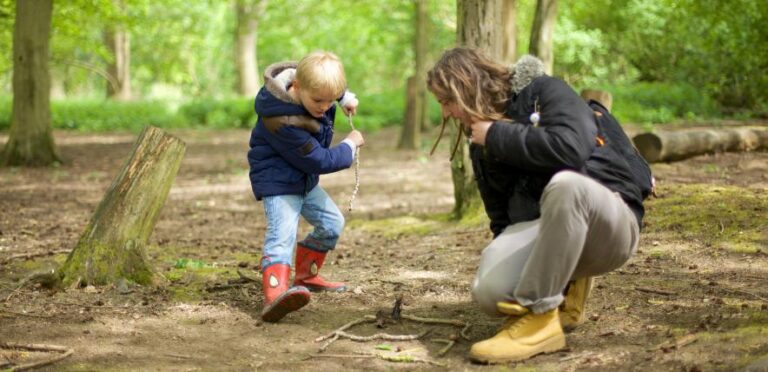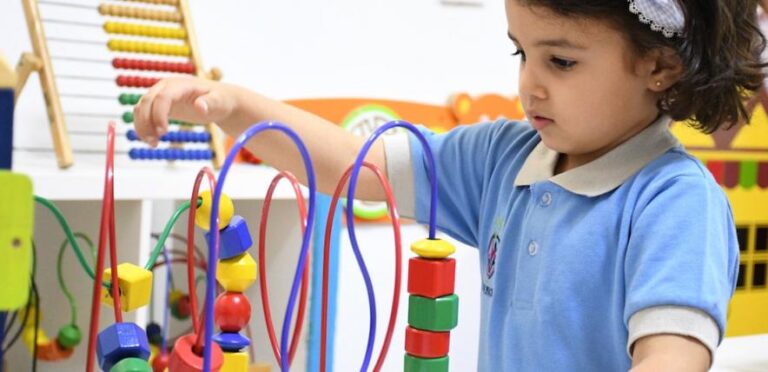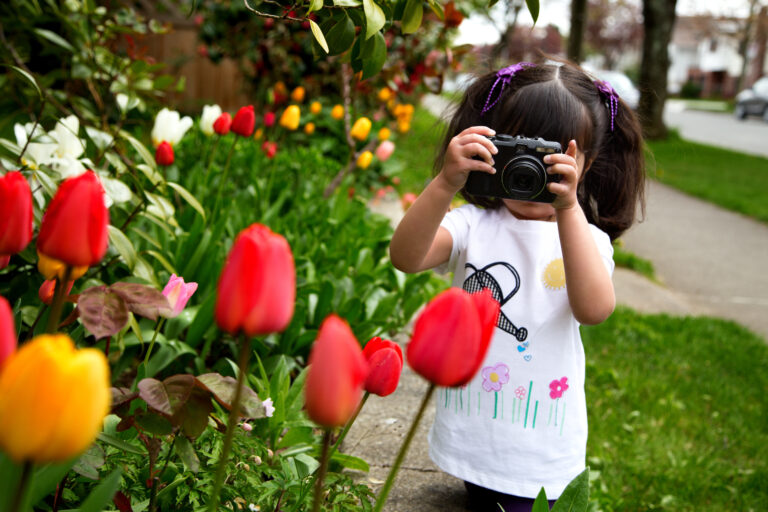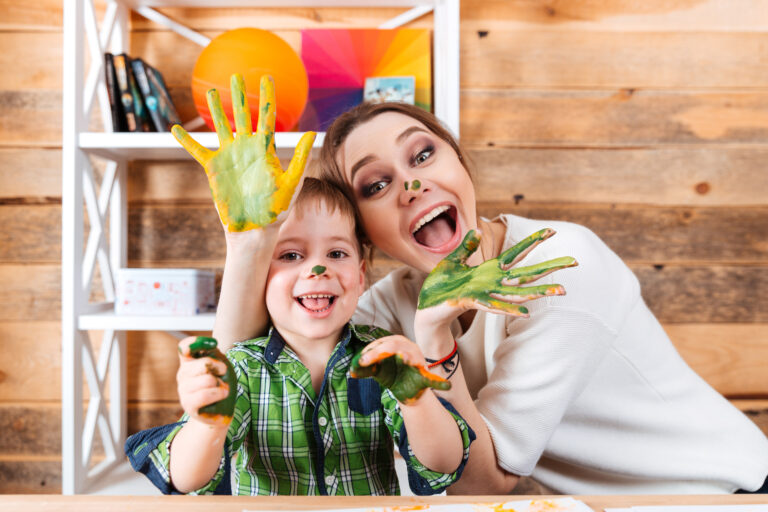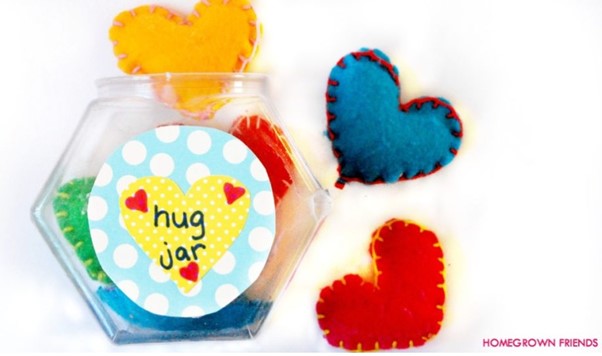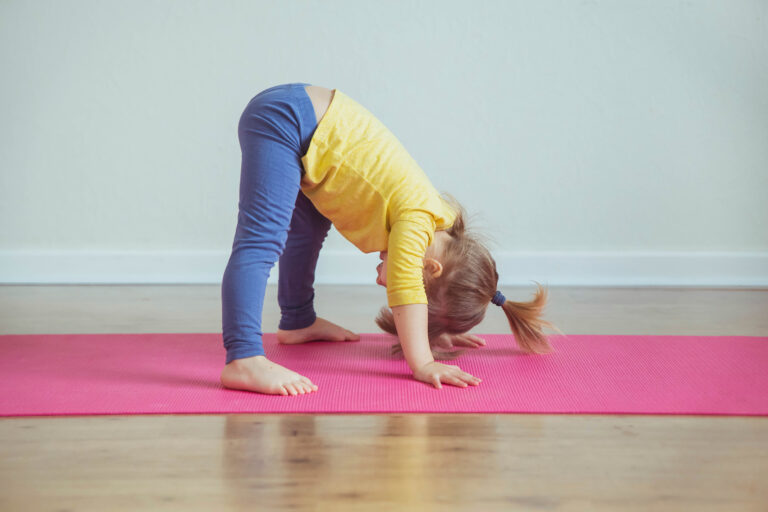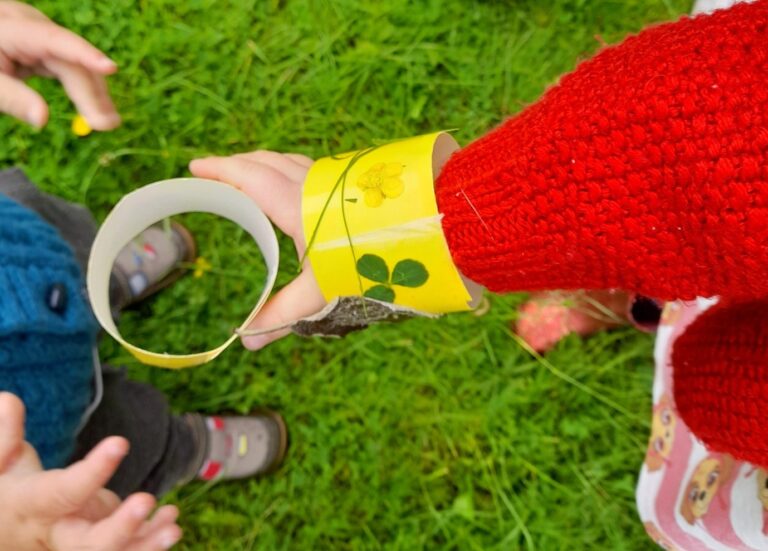Whatever the season, and whether your plot is an acre or a windowsill, gardening is great for children. For starters, it’s full of science lessons, helping children to learn about life cycles and where their food comes from.
If you have a picky eater, you may find they’re more enthusiastic about trying fruit and veg they’ve grown. Peas fresh from the pod or carrots they’ve pulled up themselves have a unique appeal.
Gardening is also a wonderful sensory experience. From the beautiful smells of lavender and sweet peas, to the distinctive tastes of fresh basil and mint leaves, and from rattly love-in-a-mist seed-heads to furry lamb’s ears and squishy aloe vera, plus the vivid colours of sunflowers and nasturtiums, your family can easily grow plants that stimulate every sense.
First shoots
All you need to get going on growing are some seeds, soil (ideally in a sunny, well-drained spot) and tools. Give your child proper child-size gardening tools if possible, rather than flimsy seaside spades and rakes.
Fast-growing plants for impatient little gardeners include radishes, rocket and salad leaves, and sunflowers. Beans, peas, radishes, pumpkins and beetroot have big seeds that are easy for little fingers to handle, and seed potatoes are fun to plant too. One benefit of growing your own veg is that you can choose unusual varieties that aren’t readily available in the supermarket – how about some purple carrots, yellow tomatoes or stripy cucumbers?
Many vegetables are more likely to grow successfully if you start them off indoors, either on a windowsill or in a greenhouse. Long-rooted plants such as beans, leeks, carrots and courgettes can be planted in cardboard toilet-roll middles and transferred into the ground, tube and all, once the seedling is established and the weather warms up.
If you pop a bean or pea seed half way up the side of a jar or clear plastic cup, held in place with damp kitchen roll or cotton wool, your child will be able to watch the roots and shoots form. Keep the lining moist, but not soaking, and watch as your bean starts to grow into a beanstalk without needing soil for several weeks. Plant several beans and grow them in different conditions – sunny, cool, dark, dry – then compare them after a fortnight. Can your child tell you the best conditions for growing?
No garden? No problem!
If you don’t have a garden, your child can grow things on a balcony, in a window box or on a windowsill. Make a ‘cress head’ or ‘mustard head’ by sprinkling cress or mustard seeds on to some damp cotton wool inside an eggshell or yoghurt pot. Draw a face on the outside and wait for the ‘hair’ to grow.
Basil will grow happily in a pot on a windowsill, as will some peppers, while hanging baskets make a good home for tumbling cherry tomatoes and alpine strawberries. Water them frequently to make sure they don’t dry out.
If your child has outgrown their wellies, turn them into planters for pretty primroses, pansies, or tasty tomato or strawberry plants. Pierce holes in the bottom and add a layer of pebbles for drainage so your plants don’t get waterlogged.
Or try making a kitchen scraps garden. The tops of pineapples and carrots will grow new leaves if you stand them in a dish of water, as will the bottoms of celery. Stick some cocktail sticks around the edge of an avocado stone or sweet potato and suspend it over a glass of water, just touching the surface, and it will sprout shoots and roots.
Reap what you sow
Growing things teaches children valuable life lessons about patience, nurturing, responsibility and the rewards of hard work. Digging, raking and watering develop the gross motor skills needed for good posture, balance and athletic ability as your child grows older, while planting seeds, picking berries and weeding hone the fine motor skills they’ll need for writing and drawing.
There’s also a growing body of evidence to suggest that getting dirty in the garden is good for children’s health. Studies in Finland and New England found that children who grow up on farms are less likely to develop asthma and other allergies. In Nigeria, organisms in soil were found to have naturally antibiotic properties, while scientists at Bristol University identified bacteria in soil that raise the brain’s levels of serotonin – the mood-enhancing chemical. Some nutritionists suggest that microbes in soil may benefit children’s gut function and immune system. But before your child ingests their ‘peck of dirt’, it’s important to make sure the soil is free from animal faeces, chemical pesticides and other contaminants.
Further information
https://www.rhs.org.uk/education-learning/gardening-children-schools/family-activities
https://www.bbc.co.uk/tiny-happy-people/articles/znrntrd
Written for the Early Years Alliance by Elyssa Campbell-Barr

